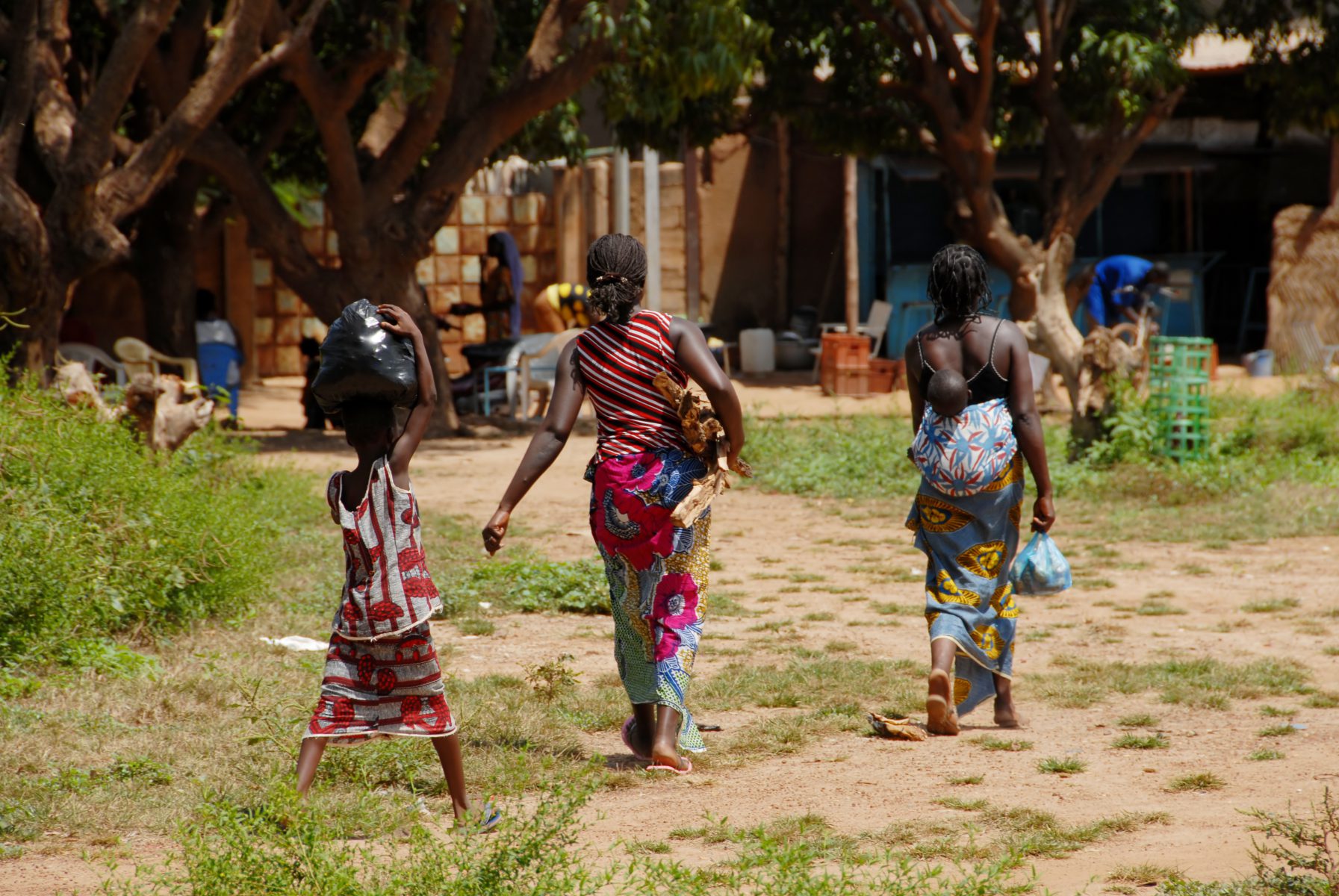May 2024
Abstract
We conducted a randomized trial among 14,545 households in rural Burkina Faso to test the oft-cited hypothesis that limited access to contraception is an important driver of high fertility rates in West Africa. We do not find support for this hypothesis. Women who were given free access to medical contraception for three years did not have lower birth rates; we can reject even modest effects. We cross-randomized additional interventions to address possible inefficiencies leading to low demand for free contraception, specifically misperceptions about the child mortality rate, limited exposure to opposing views about family size and contraception, and social pressure. Free contraception did not influence fertility even in combination with these other interventions.
Sign up to receive email alerts when we publish a new working paper.
